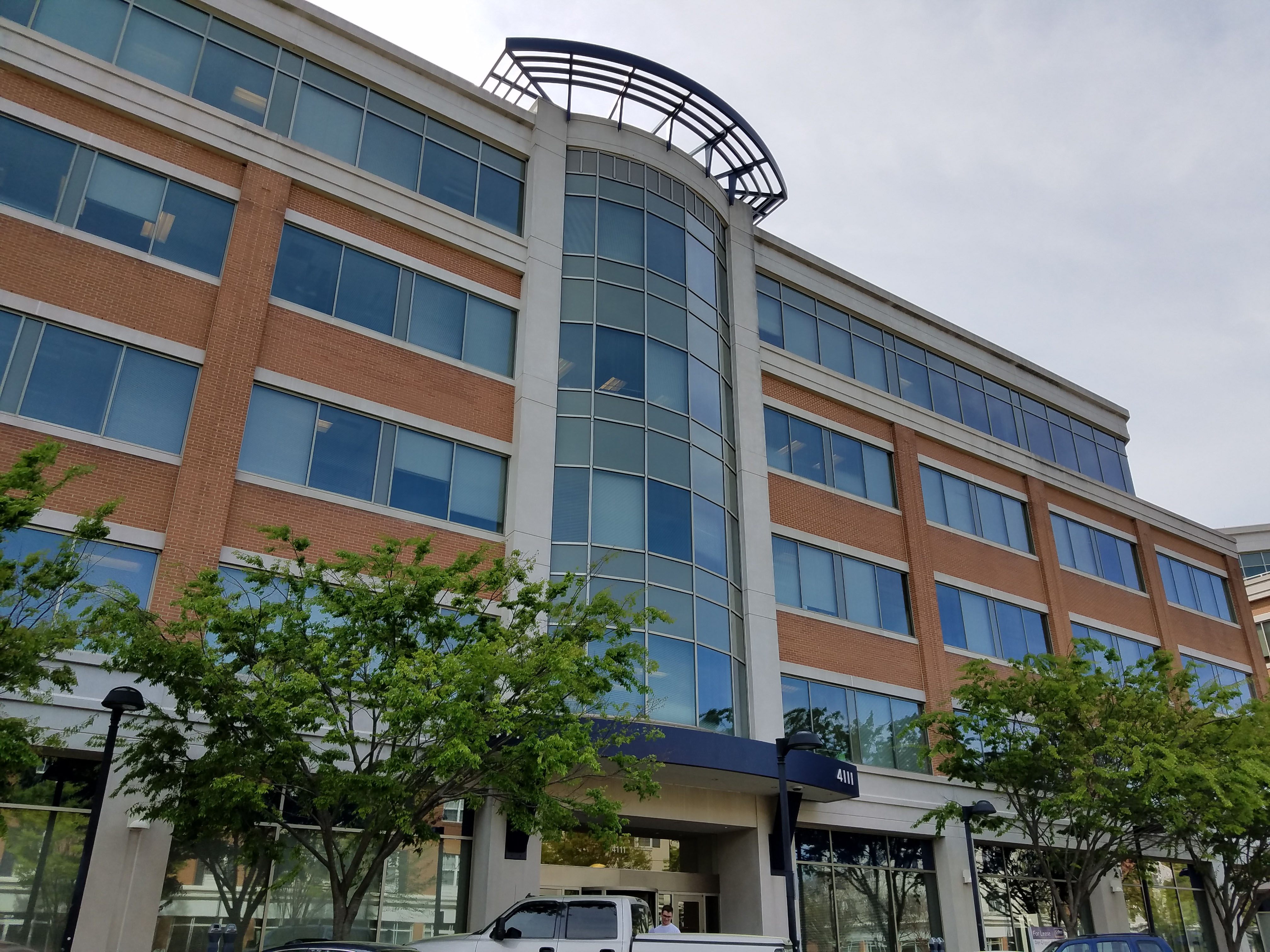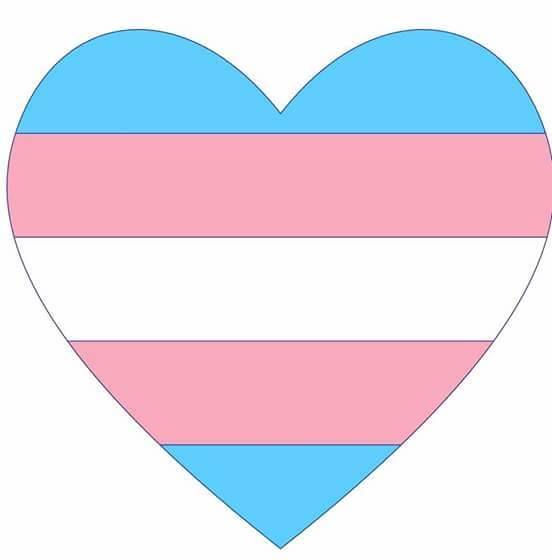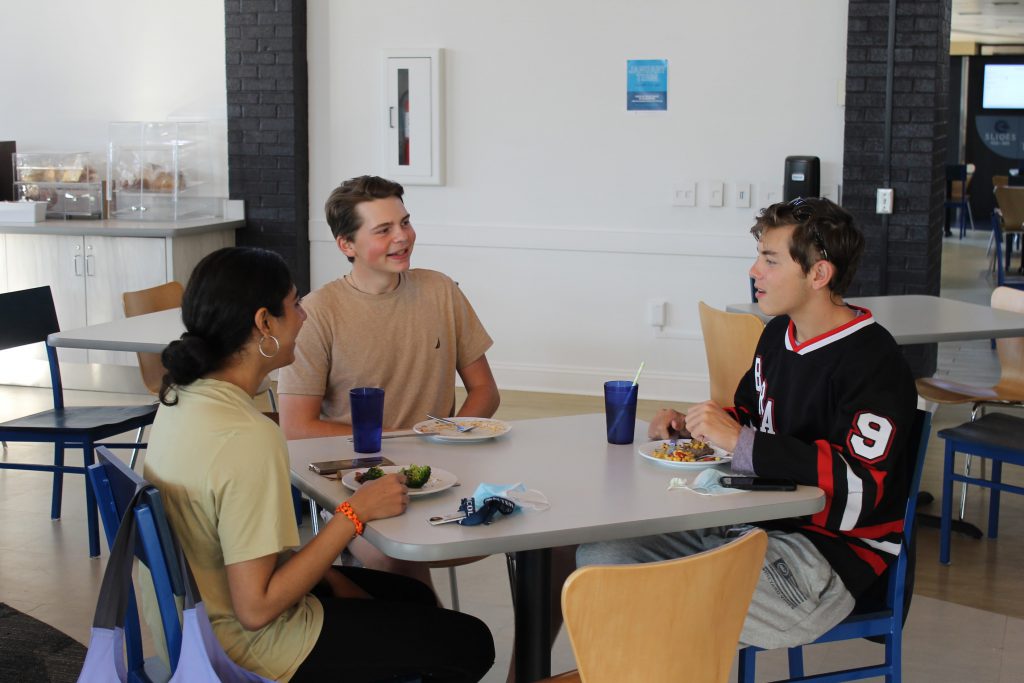Over a dozen Virginia Wesleyan students spent the week at the NATO Innovation Hub, working alongside military officials to simulate a war game.
Virginia Wesleyan University’s unique relationship with the North Atlantic Treaty Organisation (NATO) was exhibited when students took part in a decision-making simulation at the organization’s Innovation Hub Nov. 4 through Nov. 8.
Gabriel Vallier, Staff Officer in the Innovation Hub of NATO for capability and development was responsible for the organization and hosting of the event. “NATO has two Supreme Allied HQ in the world, one in Europe and one in [the] United States in Norfolk … the HQ here in Norfolk is for transformation, the future. So my job is to be part of the innovation branch,” Vallier said, meaning that the opportunity to take part in an activity in an Innovation Hub is very rare.
According to Vallier, the event served the purpose of allowing NATO officials to observe the students’ thought processes, and “to be able to make a proposal for future analysis tools,” the main purpose was to help the people at the NATO HQ come up with a plan to respond to Maritime Mine Warfare, which needs fresh thinking to be addressed.
The simulation also served the purpose of benefiting the students. Vallier said that it provides a deeper understanding of what NATO does, and how it acts according to its values. It also provides a unique opportunity for students to get experience with working in a strategic military environment which can improve students’ communication and professional skills.
“[The NATO war game] brings you out of your comfort zone. At university…you know your daily business, and you know what to do and how to be. Here, it’s something different because we expected a lot from you … for some of you, it will be your first time working at such a level,” Vallier said.
Students who were included in the NATO simulation game agreed that it was an incredible intellectual experience. “I was a player, which means my team and I were given scenarios and we had to come up with solutions. Working at the NATO Innovation Hub with my classmates [was my favorite part],” senior Lora Fara said.
Working at the innovation hub provided students with the opportunity to step out of the classroom and get some hands on experience. “My favorite part of this experience was working with NATO officials who really helped me understand the topic, naval mine warfare, and my classmates who brought interesting ideas to the table,” junior Katherine Brockenbrough said.
However, Fara and Brokenbrough both had some minor grievances with the logistics and scheduling of the simulation.
“I would do it again because my NATO officials were amazing and very helpful,” Brokenbrough said.
Both Fara and Brokenbrough suggested changes to the program. They said that it would be beneficial to the program if the students were able to take the lead more, and if the topics changed each day to keep brainstorming fresh.
Looking to the future, Vallier said. “we don’t have any plan(s) right now … the previous event like this was in 2013, so it is very rare but I hope we can organize another one.”
Dalton Powers
dmpowers@vwu.edu


